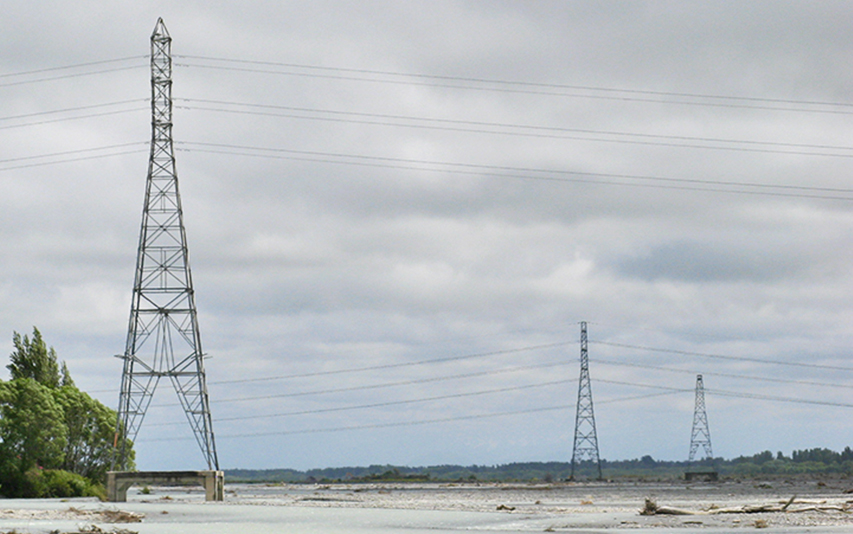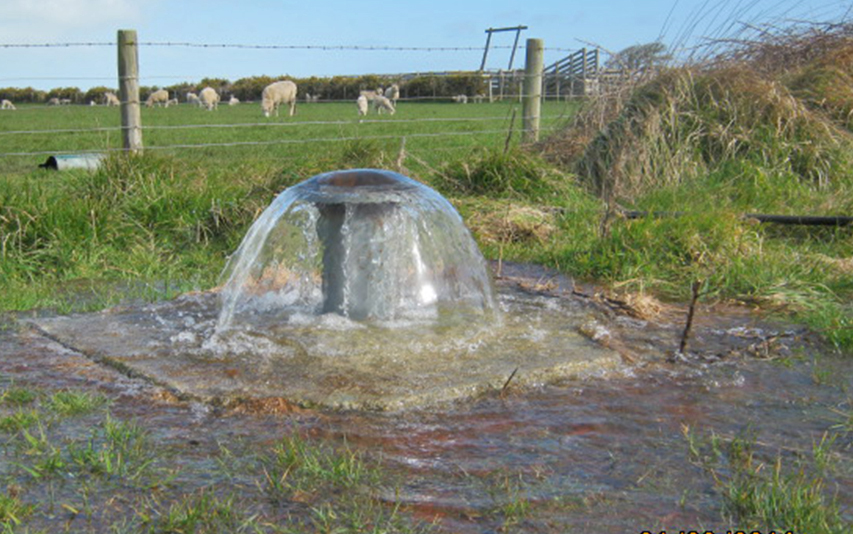Skip to main content
- Ready for anything
- Hazards
- Your district
- Canterbury CDEM
Our everyday lives rely on infrastructure – we expect to be able to boil the kettle, jump online and have water come out of the tap when we want it. But these systems are all vulnerable not just to natural hazards, but also to other issues such as contamination of water supply, maintenance issues or cyber attack. The consequences of infrastructure failure can be significant - disruption to households and businesses and may result in evacuations, business closures, economic loss and clean-up costs, potential health hazards and environmental impacts.
Important infrastructure, also known as lifeline utilities, is mainly provided and managed by commercial companies and some are managed by local city or district councils or the Government. Each infrastructure provider is required to undertake asset management planning to reduce the possibility of failure – and to ensure that services are re-established as soon as possible if they do fail.

